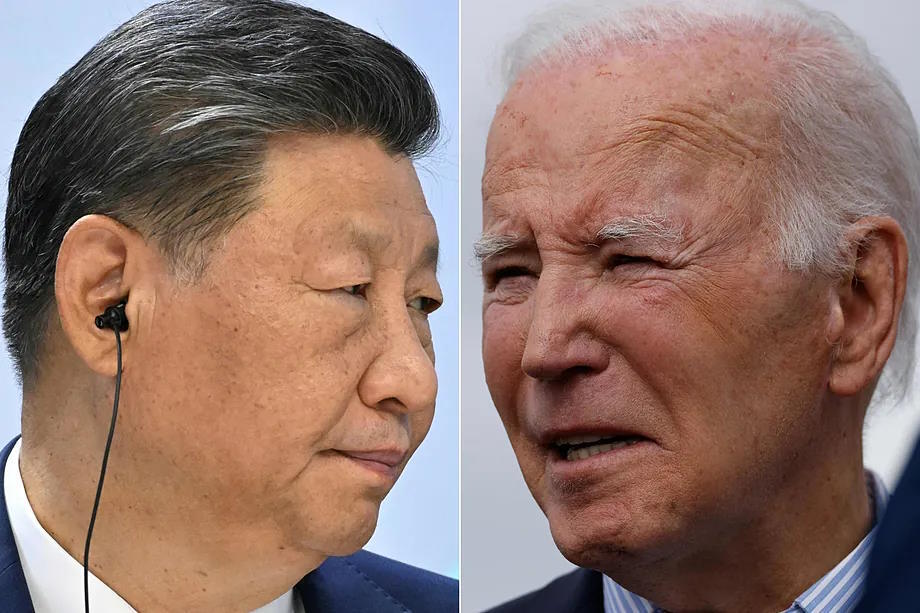The first face-to-face meeting between the current leaders of the two main world powers was long-awaited because one of them was confined at home amid the harsh pandemic restrictions. It wasn't until November 2022 when the Chinese Xi Jinping emerged from the Beijing bubble and shook hands with the American Joe Biden for the first time since the latter took office in January 2021. They had spoken up to five times by phone, but on that trip to Bali for a G-20 summit, it was time to meet in person and finally break the huge diplomatic ice block between the United States and China.
Two years later, Biden and Xi will meet for the third and final time. It will be in Peru, at a meeting within the framework of a Pacific leaders' summit. The Democrat is exiting the international geopolitical stage after his vice president, Kamala Harris, decisively lost the election in the United States to the Republican Donald Trump, who will take the reins of the world's most important bilateral relations in January.
Biden (81 years old) and Xi (71 years old) have maintained a constant power struggle over the past three years as Beijing's ambitions and military muscle have grown, along with their influence spreading to many corners of the globe where Washington's diplomacy has waned. Today's China on the international stage is stronger and more assertive than the one Biden encountered when he took office. Although Trump will face an economically weakened Asian giant next year.
The most tense moment in recent years in the new Cold War between the superpowers was reached a few months before the first meeting between their leaders, in the summer of 2022, when the then Speaker of the US House of Representatives, Nancy Pelosi, made a provocative quick visit to Taiwan, the self-governing island that China claims as part of its territory.
Xi Jinping's government responded with the largest simulated invasion of the island and practically severed all communication channels with the US. In China, they even cut off the usual open contacts between the top ranks of both armies, crucial in case the tension in the Taiwan Strait escalates into an armed conflict.
The constant diplomatic skirmishes continued with the Chinese spy drone crisis that flew over the US and the emerging chip war, with Washington blocking Beijing's access to the most advanced semiconductors and the equipment to manufacture them. It wasn't until mid-2023 that the main communication channels were restored after Biden sent Secretary of State Antony Blinken to Beijing, who arrived with a very conciliatory tone and finally calmed the waters with a handshake with Xi.
Major US media outlets now point out that no breakthrough or novelty is expected in the upcoming final meeting between Biden and Xi in Peru. Both leaders will likely discuss the recent cooperation between the two countries to curb the epidemic of narcotics - primarily fentanyl - plaguing the US, with its chemical precursors coming from Chinese companies. They will also discuss the fight against climate change and current challenges regarding the advancement of artificial intelligence.
As for more delicate issues, it is expected that Biden will express to his Chinese counterpart concerns held by Western powers about China's support for Russia's war in Ukraine, the dangerous maneuvers of Chinese coast guards in the disputed South China Sea, and the recent cyberattacks by Chinese hackers on US networks.
Although Biden and Xi will meet again next week at the G-20 summit in Brazil, all signs point to Peru as the setting for a final bilateral meeting between two heavyweights of global politics who had better relations when they were both vice presidents.
